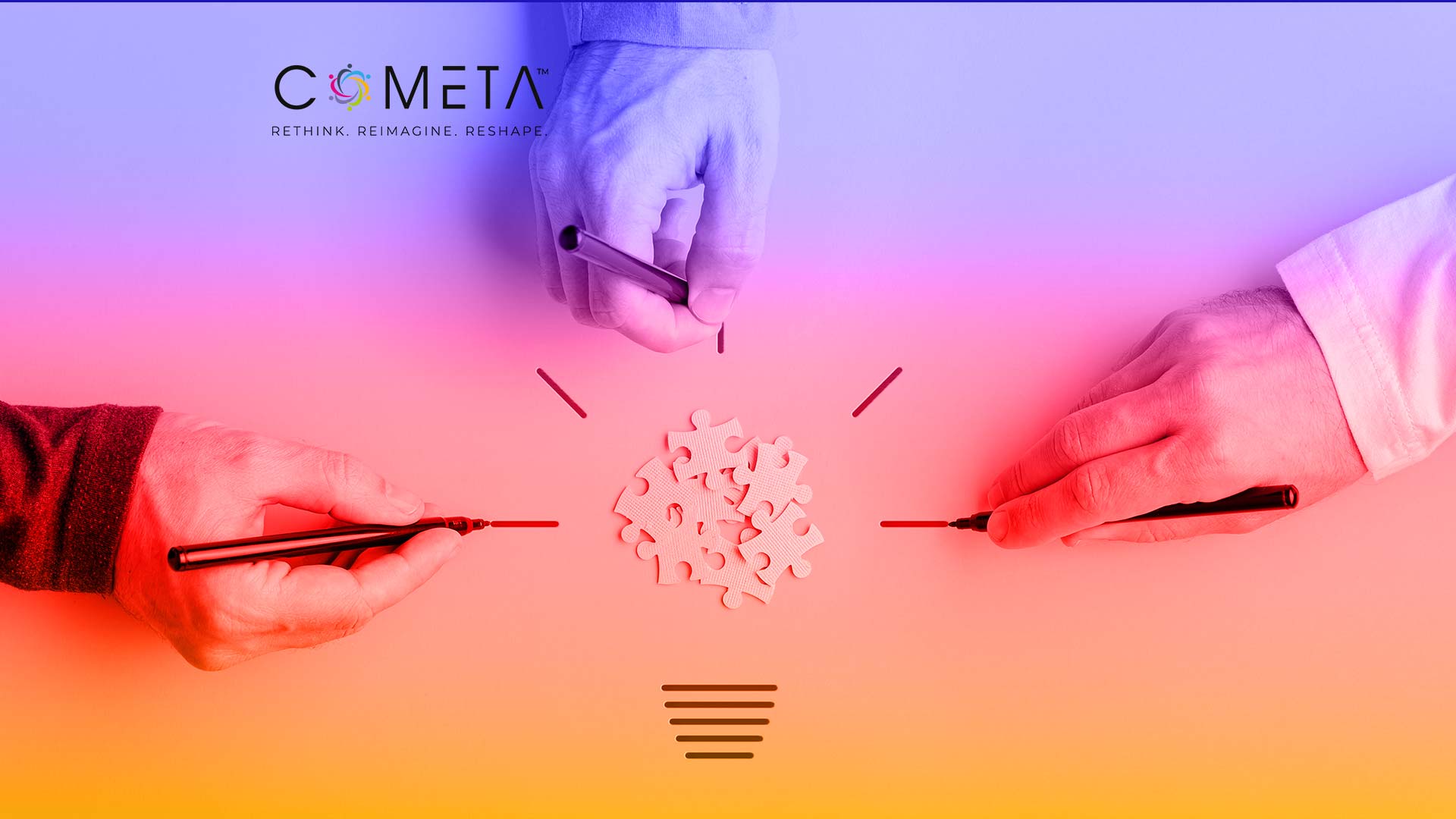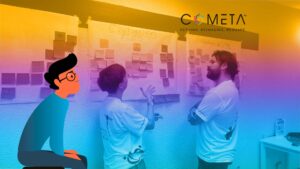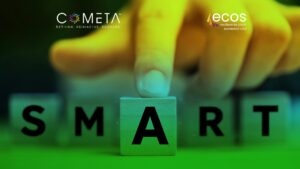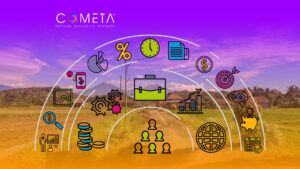When we think of horizontal learning, remembering our college years, or conjuring up an academic program is expected. However, a more valuable and ideal tool to promote learning in civil society organizations.
Horizontal learning is also known as the exchange of experiences because it is done between peers and not from a hierarchy with a supervisor or an expert in topics or methodologies.
Why are horizontal learning processes relevant?
The exchange of experiences is a valuable and collaborative tool for all participants to grow quickly. It’s about the collective effort to generate knowledge in areas where it’s needed rather than just learning what others define. This learning is not a solo endeavor but a joint effort within and with other organizations in our practice community. Therefore, it is a unique experience to know how others solve problems.
Some reasons highlighting the relevance of this learning process are the following:
Problems are more complex, and no actor can tackle them on its own
The larger an organization, the more problems it must solve. As a result, it will need more experts involved. If your civil society organization seeks to be practical, it could bring specialists who address this issue. However, the first issue is likely to be financial. Do they have resources for this investment? If not, an exchange of experiences could be an ideal option. A civil society organization might face an issue we have experienced. At the same time, they can also quickly solve one of our problems.
Because the challenges to civil societies are more significant, especially the closing of civic space and attacks on civil society
The exchange of experiences is also helpful when it comes to closing civil society or when our organization is under attack. If this happens for the first time, the support of experienced civil society organizations could provide certainty and serenity on how to act.
Because it is beneficial to know how others work and the challenges they face
We tend to focus so much on our goals, problems, and objectives that we forget that others have gone through the same journey. If we deal with issues on our own, we could go around in circles or take longer journeys towards our goal.
When we work with the exchange of experiences, we learn:
- New methodologies;
- Different strategies;
- Different perspectives;
These elements help us to make progress quickly. In addition, these experiences are illustrative as they allow us to identify with our allies and see our own experiences reflected in them; listening to others facilitates learning experiences that we can then apply to our organization.
Horizontal learning processes can sow the seed for cooperation or collective processes
When we start looking at peer exchange as a strategic and priority activity, we strengthen our ecosystem and practice community. Collaboration enables us to better know ourselves and develop a more fluid communication that goes beyond leadership and filters into our organization’s operational levels. This helps pave the way for identifying common goals with other organizations and proposing possible cooperation, which could facilitate our progress and find solutions to problems more substantial than we initially considered. In addition, our collective processes strengthen our capacity to adapt to environmental changes and better respond to challenges.
What should we consider for an excellent horizontal learning process?
If we want to make good use of the exchange of experiences, we need to consider the following:
Safe spaces
Since we talk about our experiences, we need to feel safe. We must consider discussing sensitive or unpleasant topics or sharing painful experiences. We could even talk about risky situations. This space needs to be safe, pleasant, and comfortable for communication to be fluid and honest. In addition, we must agree to maintain confidentiality and ensure physical and informational safety. Other participants might not share this feeling even if each organization considers its facilities safe. Therefore, each exchange of experiences should be conducted in a neutral place.
An agenda with clear goals and good facilitation
When discussing our experiences, we might need more order and control to track and deal with diverse topics. For the exchange of experiences to be successful, we need to agree on the goals and define a detailed agenda that includes the topics and the schedule. This will help us identify when we lose track and adjust the process to meet our goals. We recommend you bring in an external facilitator to focus on the discussion. They can propose innovative and appropriate methodologies for our reflections. In addition, this facilitation could help us to arrange and track the goals. They will also introduce the necessary breaks when we are tired and allow us to ask the right questions so that our exchanges translate into learning processes.
Have you participated in horizontal learning processes?
Imagining where and how we can achieve the change we seek is most enriching and valuable when we do it collaboratively. Learning from other organizations’ and allies’ experiences, methodologies, and paths can help us think about our organization’s challenges differently and define more practical and effective solutions.
The exchange of experiences, apart from an ideal opportunity for the growth of organizations and people within them, brings us closer to the collective footprint we all want to leave.
Now that you understand more about horizontal learning, share your experiences as a civil society organization. If you have yet to experience this empowerment strategy, we invite you to do so. The knowledge you will gain is invaluable. If you need help figuring out where to start, remember that COMETA can help you.





